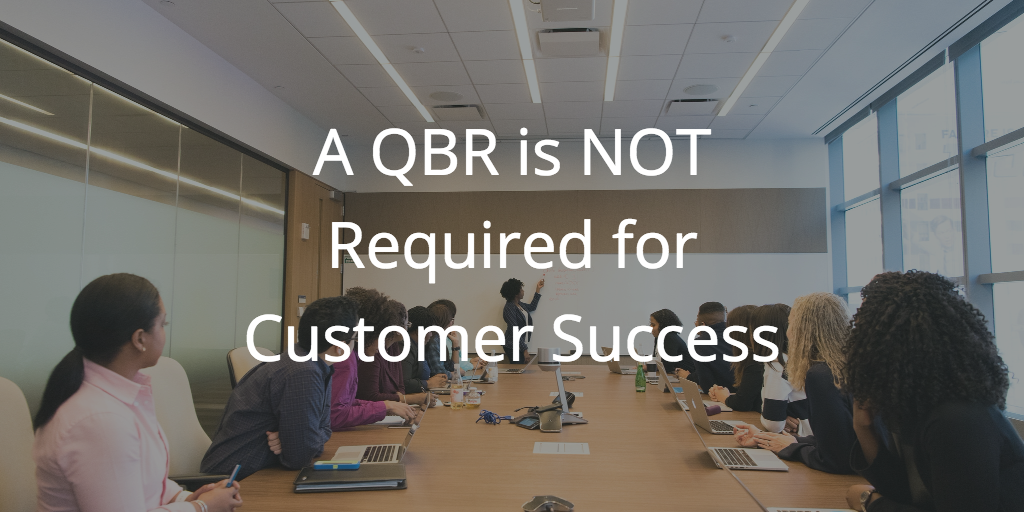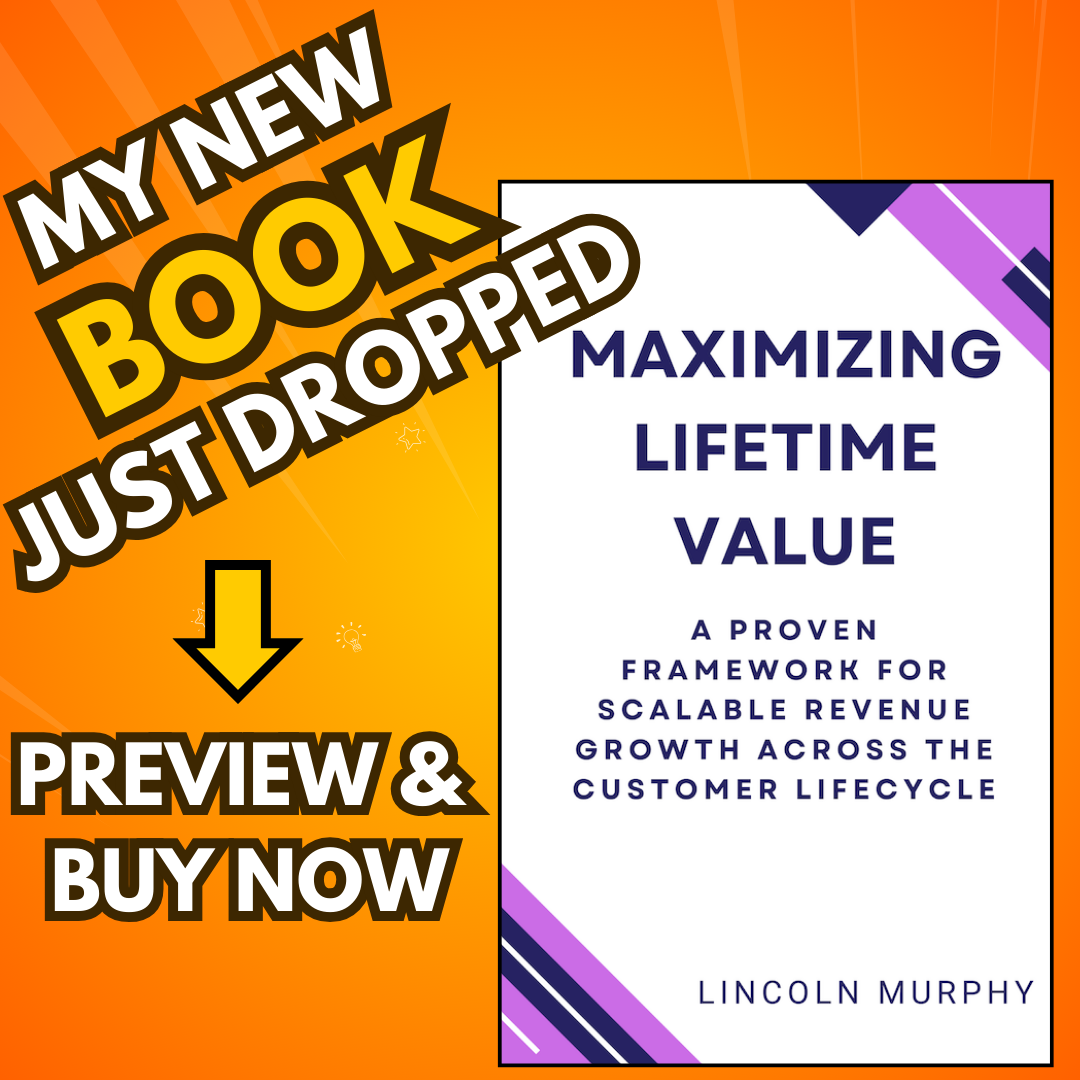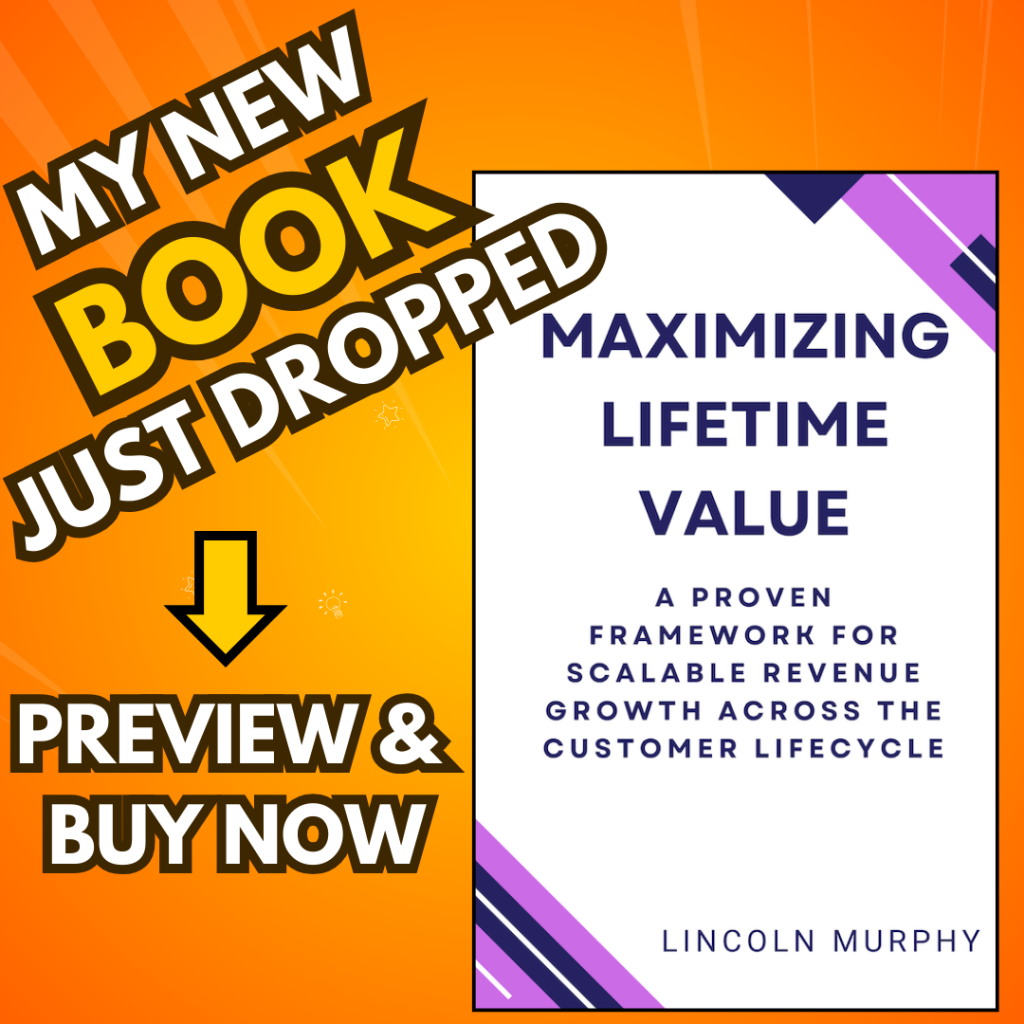 There’s a myth in Customer Success Management that you must conduct Quarterly Business Reviews (QBRs) or Executive Business Reviews (EBRs) with your customers.
There’s a myth in Customer Success Management that you must conduct Quarterly Business Reviews (QBRs) or Executive Business Reviews (EBRs) with your customers.
This myth is propagated by those who only work with high-touch customers, by software vendors who are trying to attract those who work with high-touch (and consequently high-revenue) customers, and of course… by those people who just copy what those people say.
But like some myths, it has a basis in reality; it’s just likely that you don’t share that same reality.
But if you understand that Customer Success is when our customers achieve their Desired Outcome through their interactions with your company, then a blanket statement of “yes, you must conduct QBRs” is obviously a statement you shouldn’t listen to.
So while I say that QBRs are not required for Customer Success in general, that’s the same as saying they ARE required in general. And you shouldn’t listen to that, either.
The real question you should be asking is: “Do our customers require QBRs as part of their Appropriate Experience?”
Let’s dig in, shall we?
Quickly, if you don’t know what a QBR is, it’s an in-person or at least virtual face-to-face meeting with your customer – call it an Executive Business Review if you want executives from either side to attend – where you go over, at a strategic level, the last 90-days and plan for the next 90.
Okay, so I get asked all the time whether or not we need to do QBRs in Customer Success Management. This article was inspired by those frequent questions, but even more, this very common follow-on question: If QBRs are required, how do we do them for a tech-touch sector or segment?
The problem with both of these questions is that they speak to a complete misunderstanding of what Customer Success and Customer Success Management actually are.
You won’t hear too many other people say this, but I will because its the truth: You don’t have to do QBRs. Period.
QBRs are not required.
QBRs are NOT an integral part of Customer Success Management.
QBRs, in fact, come from a time when we didn’t know much about our customers.
They come from a time of Account Management and check-ins, where we just want to make sure we’re good so that we can get that renewal.
Generally, QBRs don’t actually add a ton of value to the customer.
In fact, most companies – most people who do QBRs – do them wrong anyway, and they’re more of something they’re forcing on their customers rather than being something that the customers look forward to and that truly add value.
So then we think “how do I force QBRs onto our lower-revenue customers? How do I force a QBR on to them in a tech-touch environment?” you can see how maybe those are the wrong questions to ask.
You need to take a step back and understand that thing I talk about all the time.
Customer Success is when our customers achieve their Desired Outcome through their interactions with our company. Those interactions are just that – they’re interactions, and they occur across the entire customer life cycle.
Those interactions are what drive our customers toward that Desired Outcome, but they’re also dictated by the Desired Outcome.
The Desired Outcome has a Required Outcome, or the thing they need to achieve.
But the other piece to Desired Outcome is Appropriate Experience, or what I call AX.
AX is what’s going to determine how we should interact with our customers, how often we should interact with them, and all that comes with that.
If we can interact with our customers in an appropriate way, that’s all that really matters.
So the questions aren’t: Should I do QBRs? How do I do QBRs? What’s the proper QBR? How do I do this in a tech-touch environment?
The question should be: Is a QBR part of the Appropriate Experience for your customers?
Customers are often quite complex; maybe they are larger companies, or maybe they are in a particular industry or niche. There are some customers that really want to have that human interaction, right? It would be inappropriate for everything to be done through email or some other technology modality, but do they want a QBR?
Do they need a QBR or Executive Business Review (EBR)?
Is there some other interaction that might make more sense?
Does a QBR even provide the Appropriate Experience for your customers?
That’s the main thing, and I would say that probably, if you’re talking about doing a QBR in a low-touch environment, you’re probably asking the wrong question, and I’m going to leave it at that.



